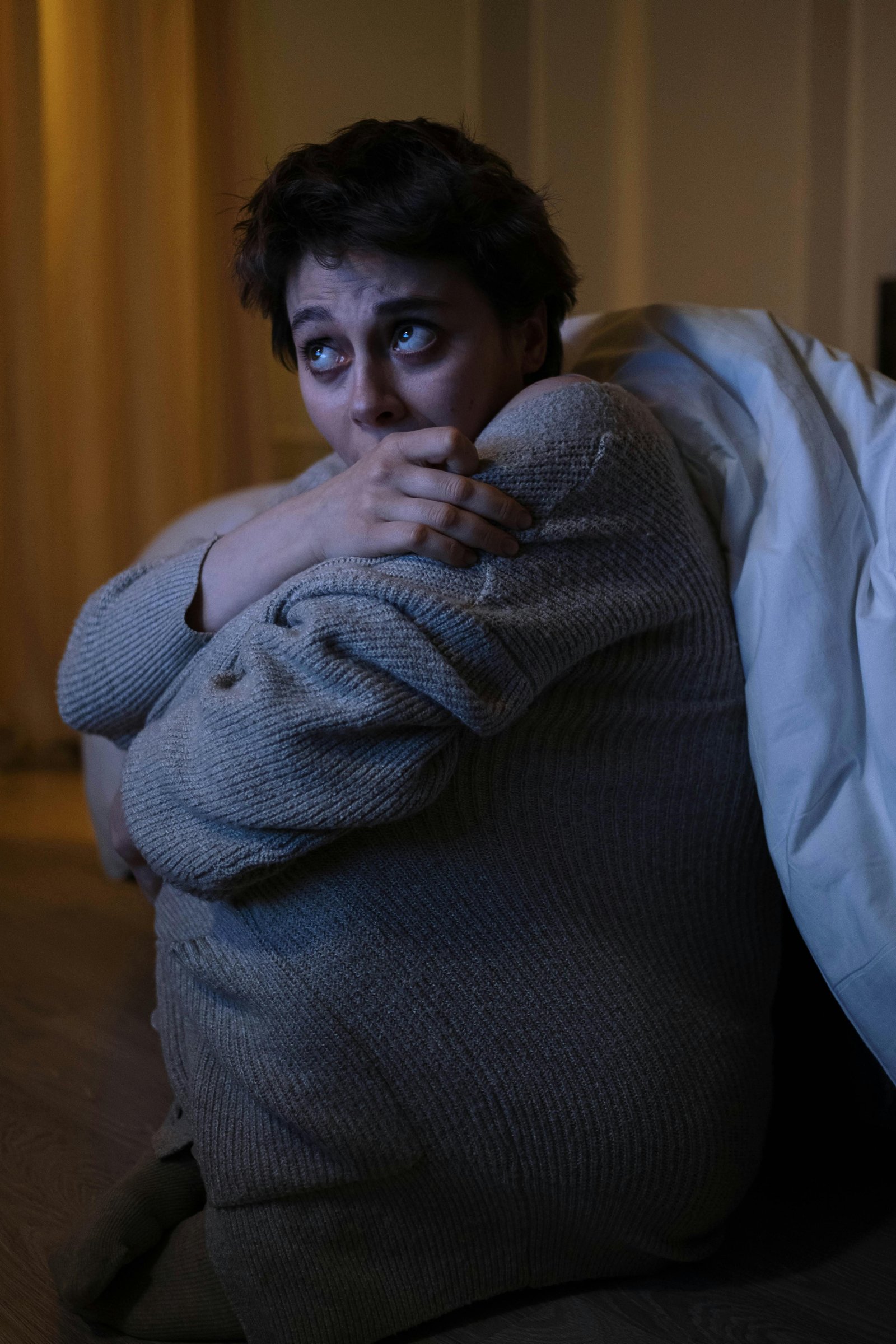First of all,
Sleep, that elusive mistress, sometimes chooses to evade us, leaving us tangled in the web of insomnia. In the quiet hours of the night, when the world is hushed and still, those afflicted with insomnia find themselves battling against the relentless grip of wakefulness. "Awake in the Dark: Tales of Insomnia's Grip" is an exploration into the realms of sleeplessness, delving into the experiences, causes, and consequences of this common yet often misunderstood condition.
Knowing About Sleeplessness:
Insomnia, defined simply as the inability to fall asleep or stay asleep, affects millions of people worldwide. It transcends age, gender, and ethnicity, casting its shadow over individuals from all walks of life. While occasional bouts of sleeplessness are normal, chronic insomnia can have profound effects on one's physical, mental, and emotional well-being.
There are various forms of insomnia, each with its unique characteristics. Sleep onset insomnia makes it difficult to fall asleep at the beginning of the night, while sleep maintenance insomnia causes frequent awakenings throughout the night, disrupting the continuity of sleep. Other types include comorbid insomnia, which occurs alongside another medical or psychological condition, and idiopathic insomnia, where the root cause remains unknown.
What Causes Sleeplessness?
Insomnia can stem from a myriad of factors, ranging from lifestyle choices to underlying health conditions. Stress and anxiety often play significant roles, as racing thoughts and worries can keep the mind in a state of hyperarousal, making it difficult to unwind and fall asleep. Environmental factors such as excessive noise, uncomfortable sleeping arrangements, or irregular sleep schedules can also contribute to insomnia.
Additionally, certain medical conditions such as depression, chronic pain, and sleep disorders like sleep apnea or restless leg syndrome can disrupt sleep patterns, exacerbating the problem. Furthermore, the use of stimulants like caffeine or nicotine, as well as certain medications, can interfere with the body's natural sleep-wake cycle, leading to insomnia.
The Consequences of Insomnia:
Sleeplessness has considerably more consequences than just being weary. Sleep deprivation can impair cognitive function, affecting memory, concentration, and decision-making abilities. It weakens the immune system, leaving individuals more susceptible to illness and infection. Chronic insomnia has been linked to a host of health problems, including hypertension, diabetes, obesity, and heart disease.
Moreover, the psychological toll of insomnia should not be underestimated. Persistent sleeplessness can contribute to mood disorders such as depression and anxiety, further perpetuating the cycle of sleep disturbances. Relationships may suffer as irritability and fatigue strain interpersonal interactions. The constant struggle to obtain restful sleep can erode one's sense of self-worth and optimism, leading to feelings of helplessness and despair.
Coping Strategies and Treatments:
Managing insomnia often requires a multifaceted approach that addresses both the underlying causes and the symptoms themselves. Lifestyle modifications, such as establishing a consistent sleep schedule, creating a relaxing bedtime routine, and minimizing exposure to screens and stimulating activities before bed, can help promote better sleep hygiene.
Cognitive-behavioral therapy for insomnia (CBT-I) has emerged as a highly effective treatment option, focusing on changing negative thought patterns and behaviors that contribute to sleep difficulties. This structured therapy helps individuals develop coping mechanisms and relaxation techniques to counteract insomnia's grip.
In some cases, medication may be prescribed to alleviate symptoms of insomnia, although this approach is typically reserved for short-term use due to the risk of dependency and side effects. Natural remedies such as herbal supplements, aromatherapy, and mindfulness practices may also offer relief for some individuals.
The Power of Storytelling:
"Awake in the Dark: Tales of Insomnia's Grip" seeks to shed light on the human experience of insomnia through the power of storytelling. By sharing personal narratives and accounts of individuals grappling with sleeplessness, we gain insight into the myriad ways insomnia impacts lives. These stories serve as a reminder of the universality of sleep struggles and the importance of empathy and support for those afflicted.
Through the telling of these tales, we find solace in knowing that we are not alone in our nighttime battles. Whether it's the student burning the midnight oil before exams, the parent juggling work and family responsibilities, or the retiree grappling with the loss of routine, insomnia touches us all in some way. It is a shared experience that transcends boundaries and unites us in our vulnerability.
In summary:
"Awake in the Dark: Tales of Insomnia's Grip" invites us to confront the specter of sleeplessness with compassion and understanding. It reminds us that sleep is not merely a luxury but a fundamental aspect of our health and well-being. By acknowledging the challenges of insomnia and embracing diverse perspectives, we can work towards fostering a world where restful sleep is accessible to all. In the darkness of the night, may we find solidarity and hope amidst the shadows of insomnia's grip.



